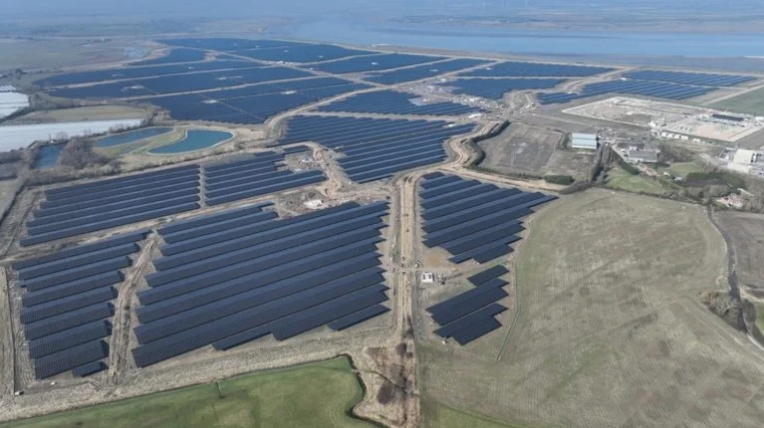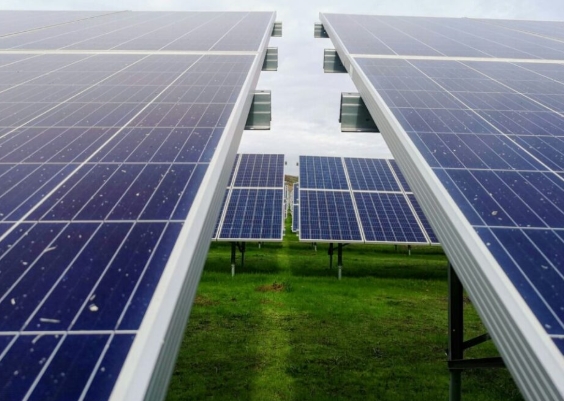GE Gas Power and Shell Global Solutions have signed a development agreement to pursue potential pathways to reduce the carbon intensity of Shell’s liquefied natural gas (LNG) supply projects around the world.
 Photo: GE Gas Power/Wojciech Wrzesien Shutterstock
Photo: GE Gas Power/Wojciech Wrzesien Shutterstock
The companies see the use of hydrogen as low-carbon fuel in gas turbines as one of the possible paths to decarbonise LNG production.
Given that the source and nature of such fuel matter as well, the companies believe that Shell’s blue hydrogen process technology can deliver the lowest carbon intensity fuel of its kind.
“Having worked on hydrogen combustion technologies for many years, we are conscious that progress in this area will be the result of careful, dedicated research and collaboration by industry leaders and today’s announcement is a model of this approach”, said John Intile, Vice President, Engineering at GE Gas Power.
“We look forward to working in cooperation with Shell to advance this crucial body of work. Together, we’re confident our combined strengths of Shell, GE, and Baker Hughes, which is an exclusive distributor of certain heavy-duty gas turbines and services in the oil & gas segment, can accelerate the deployment of pragmatic and impactful solutions towards high-hydrogen capabilities in these gas turbines fleets resulting in a significant reduction of carbon emissions and water utilisation globally.”
As explained, GE’s B&E class heavy-duty gas turbines can already operate on 100% hydrogen emitting up to 25ppm NOx with the use of water in diffusion combustors.
As part of this development agreement, GE is targeting gas turbine technology with the capability to operate on 100% hydrogen without the use of water while still maintaining NOx emissions.
“Becoming a net-zero emissions energy business means we need to explore a range of avenues that have the potential to help us, our partners and customers reduce emissions”, said Alexander Boekhorst, VP of Gas Processing and Conversion Technology at Shell.
“We have continued to innovate and improve the value proposition of LNG using technology, and we look forward to collaborating with GE on this important initiative.”








